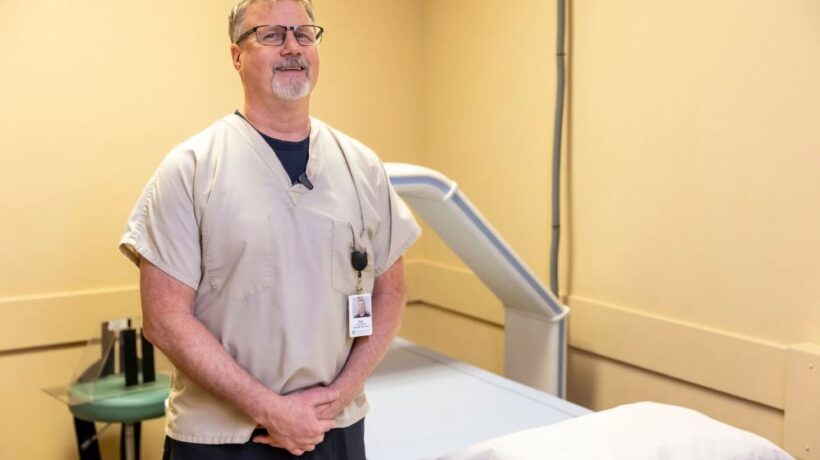Understanding DEXA Scans: What They Are and Why Your Doctor May Recommend One

When it comes to your bone health, early detection is key. That’s why healthcare providers often recommend DEXA scans—also known as bone densitometry—to evaluate bone strength and screen for conditions like osteoporosis.
What Is a DEXA Scan?
DEXA (Dual-Energy X-ray Absorptiometry) is an enhanced form of X-ray technology used to measure bone mineral density (BMD). It’s considered the most accurate and advanced technique available for assessing bone loss. The scan typically focuses on your hip and spine, which are common sites for fractures related to weakened bones.
Why Would Your Doctor Order a DEXA Scan?
Your provider may refer you for a DEXA scan for several reasons:
- To Diagnose Osteoporosis: Osteoporosis causes bones to become brittle and more prone to fractures. A DEXA scan can confirm the diagnosis before serious complications occur.
- To Monitor Bone Health Over Time: If you’re already undergoing treatment for osteoporosis or other bone disorders, your doctor may use DEXA scans to track progress.
- To Evaluate Risk Factors: If you have certain risk factors—such as postmenopausal status, a history of smoking, long-term steroid use, or a family history of fractures—your doctor may use DEXA to assess your baseline bone strength.
- To Assess Fracture Risk: Even without a formal osteoporosis diagnosis, the results can help predict your likelihood of fractures and guide preventive strategies.
- For Comprehensive Body Composition Analysis: In some cases, DEXA is also used in specialized scans—such as the BodyLogic™ scan—to measure body fat percentage, lean muscle mass, and visceral fat. This is especially useful for patients or athletes looking to optimize their health or training plans.
What to Expect During Your DEXA Exam
At Diagnostic Imaging Northwest, we strive to make your experience smooth, safe, and stress-free:
- Before the Scan: A skilled technologist will review your medical history and answer any questions.
- During the Scan: The exam is painless and takes approximately 15 minutes. You’ll lie on a padded table while a low-dose X-ray scans your hip and spine.
- Clothing Tips: Wear loose-fitting clothes with no metal (like zippers or buttons). You may need to change into a gown to avoid interference with the scan.
- After the Exam: There’s no downtime—you can immediately return to your normal activities.
Please let the staff know in advance if you’ve had a recent barium enema or upper GI exam, as these can affect your results.
Getting Your Results
A board-certified radiologist will interpret your DEXA scan, and the final report will be sent to your referring healthcare provider. Your provider will go over the results with you and discuss any necessary follow-up steps or treatment options.
Take Charge of Your Bone—and Body—Health
Whether you’re monitoring for osteoporosis or seeking a deeper understanding of your overall health through the BodyLogic™ scan, a DEXA exam provides valuable insights in a quick, comfortable, and non-invasive way.
For more detailed information about DEXA scans, visit our Bone Densitometry (DEXA) page, and for information about our BodyLogic scan, check out our BodyLogic page.
